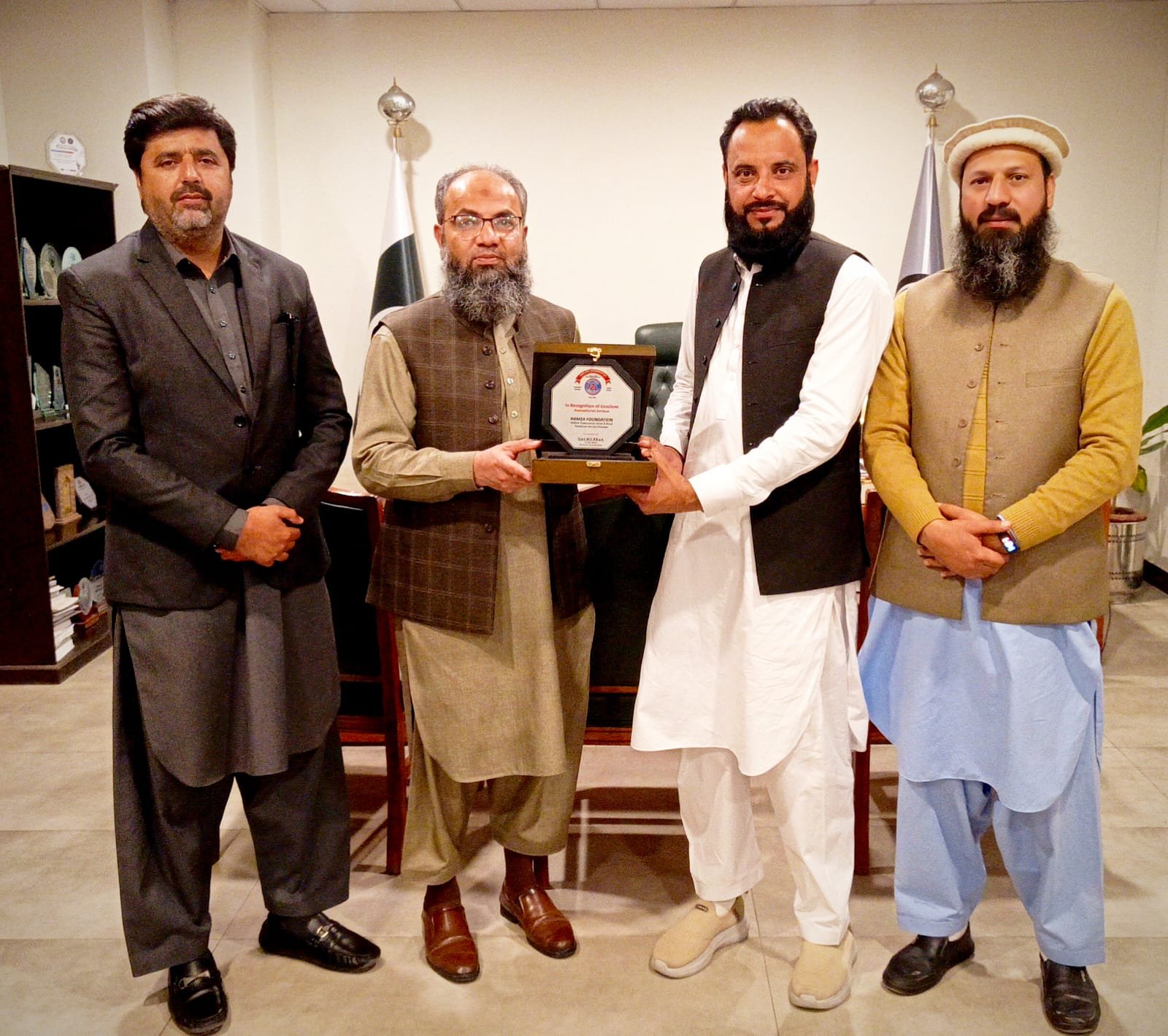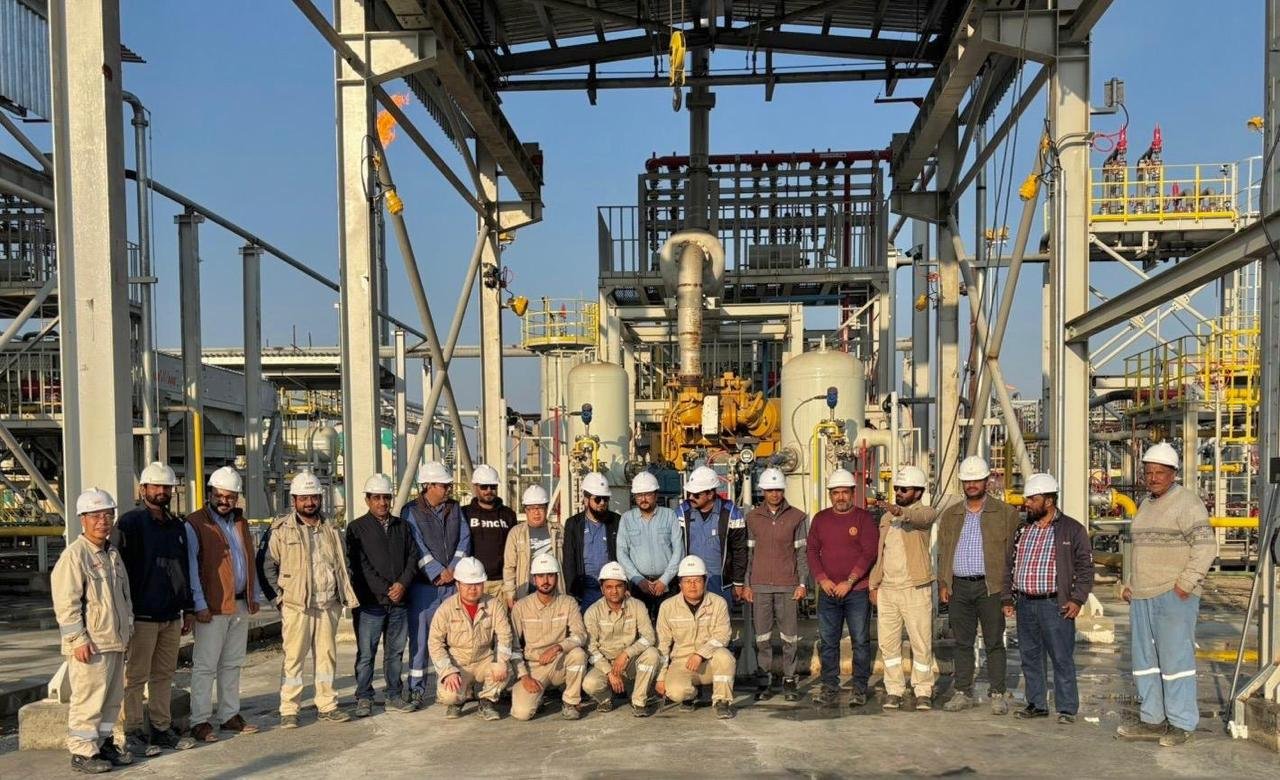FAO Representative in Pakistan, Ms Florence Rolle, emphasized the importance of this initiative and said that the importance of plant health cannot be overstated… Protecting plant resources is critical to ensuring food security, safeguarding biodiversity, and facilitating safe trade. This PCE process is a powerful tool for identifying gaps and guiding targeted interventions.” The Food and Agriculture Organization of the United Nations (FAO), in partnership with the Ministry of National Food Security and Research, and the International Plant Protection Convention (IPPC), inaugurated the country’s first Phytosanitary Capacity Evaluation (PCE) Workshop. The five-day workshop at the FAO Representation Office brought together key stakeholders from federal and provincial plant protection departments, academia, private sector representatives, and international technical partners to assess and enhance Pakistan’s phytosanitary system in line with global standards. The workshop is organized under the FAO Technical Cooperation Project “Strengthening Trade through Enhanced Sanitary and Phytosanitary (SPS) Measures in Pakistan, Lao PDR, and Viet Nam,”. It is a major milestone in the country’s efforts to align its plant health systems with international SPS requirements. Pakistan’s agricultural exports—including rice, citrus fruits, mangoes, vegetables, and seafood—are vital for economic stability and rural livelihoods. Yet, these exports face frequent rejections in key markets due to non-compliance with SPS standards. Gaps in pest surveillance, diagnostics, risk analysis, and legal frameworks continue to restrict trade growth. The PCE process also aligns with broader SPS compliance frameworks, including animal health and food safety systems governed by the World Organisation for Animal Health (WOAH) and Codex Alimentarius. These systems are interlinked: pests, plant pathogens, and zoonotic diseases often coexist in shared agricultural landscapes, and weak points in one sector can compromise the integrity of the whole. A One Health approach bridging plant health, animal health, and food safety is therefore essential to ensure biosecurity, protect public health, and strengthen Pakistan’s ability to trade competitively. The PCE contributes to this integrated vision by promoting institutional coordination, regulatory coherence, and early warning systems for pest and disease outbreaks. Speaking at the opening ceremony, Mr Waseem Ajmal Chaudhary, Federal Secretary of the Ministry of National Food Security and Research stated that Pakistan continues to face recurrent challenges in meeting the phytosanitary standards required by our major trading partners. This workshop is a critical opportunity to comprehensively assess and strengthen our phytosanitary system in accordance with the IPPC and WTO-SPS Agreement requirements. While highlighting the importance of the workshop, Dr GC Yubak, Senior Agriculture Officer in the FAO’s Regional Office in Asia-Pacific, said that the PCE workshop will not only help align national practices with IPPC and WTO-SPS requirements but also contribute significantly to increasing agricultural trade opportunities, reducing pest risks, and ensuring better plant health outcomes. The workshop addressed priority areas including pest diagnostics, pest surveillance, pest risk analysis, and export certification. Outcomes will inform a national strategy to strengthen Pakistan’s SPS framework and unlock its full agricultural trade potential.






 Today's E-Paper
Today's E-Paper